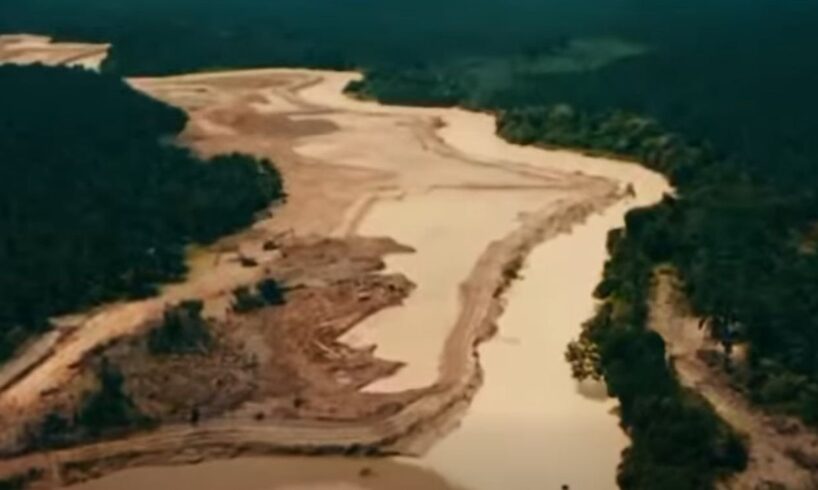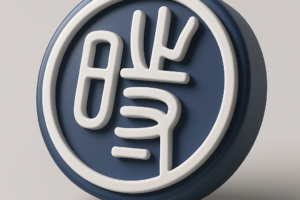
S’pore ‘closely monitoring’ East Johor Strait after 2 water pollution incidents
The National Environment Agency (NEA) has assured that Singapore’s water quality has been “normal” following two pollution incidents in Johor.
Nevertheless, Singapore agencies are “closely monitoring” the East Johor Strait, NEA said in a Facebook post on Saturday (1 Nov).
Source: Ranhill SAJ – Setitis Yang Bermakna on Facebook
Water pollution in Johor River caused by sand mining activities
NEA said the first water pollution incident affected the Johor River.
It was caused by sand mining activities, NEA added.
Johor’s Department of Environment (DOE) has confirmed that a “bund silt pond” was damaged, believed to be due to sand dredging activities along the Johor River, reported Bernama news agency.
Source: Ranhill SAJ – Setitis Yang Bermakna on Facebook
Johor’s water regulatory body, Badan Kawalselia Air Johor, has ordered the sand dredging operation to be stopped immediately.
Residents and fishermen had reportedly become distressed when hundreds of fish were found dead in the river due to muddy water.
Water supply to 800,000 affected after Johor water treatment plants shut down
Ranhill SAJ, a water company in Johor, said on Facebook that the pollution of the Johor River was detected on Friday (31 Oct).
It resulted in water treatment plants along the river being forced to cease operations due to the contamination.
The company deployed an alternative water supply in the form of tankers to Johor residents affected by the “unplanned disruption of water supply”.
Source: Ranhill SAJ – Setitis Yang Bermakna on Facebook
It has also distributed bottles of mineral water to residents.
Source: Ranhill SAJ – Setitis Yang Bermakna on Facebook
Close to 800,000 people were affected by the water disruption, reported The Star.
Ranhill SAJ advised residents who are still receiving water supply to store sufficient water.
Both sources of water pollution stopped: Johor authorities
The second incident was a palm oil spill that affected the coastal waters off Kampung Pasir Putih in Johor, NEA said.
Both incidents are separate, with both sources of pollution contained and stopped, Johor’s DOE told NEA.
The oil clean-up is also ongoing, with most of the palm oil cleaned up.
How S’pore agencies have responded
Singapore’s agencies have responded to the incidents, with NEA adding that Singapore’s shoreline has been unaffected so far.
The Singapore Food Agency (SFA) is working closely with East Johor Strait fish farms to take “necessary preventive measures”, with our fish farms unaffected.
The National Parks Board (NParks) has not observed any impact at Pulau Ubin, Coney Island Park, Pasir Ris Park and Changi Beach Park.
Maritime and Port Authority of Singapore (MPA) patrol craft are on standby if required, equipped with absorbent materials and oil recovery equipment.
Lastly, national water agency PUB has found no sightings of palm oil near our tidal gates so far, but is continuing to monitor water quality at our coastal reservoirs near the East Johor Strait, with NEA adding:
We do not expect any impact to operations at our desalination plants, which are located in the southern part of Singapore.
PUB suspends operations at Johor River Waterworks
However, PUB has temporarily suspended operations at its Johor River Waterworks, it said in a statement to Channel NewsAsia (CNA).
Source: Google Maps
Its operations will resume when the water quality of the Johor River is back to normal, with PUB monitoring its raw water quality closely.
The suspension has not affected water supply in Singapore, PUB, added, as it has stepped up production at local plants to meet demand.
Also read: Parts of Johor Bahru to face water supply outages from 28 May, including major hotels
Parts of Johor Bahru to face water supply outages from 28 May, including major hotels
Have news you must share? Get in touch with us via email at news@mustsharenews.com.
Featured image adapted from Ranhill SAJ – Setitis Yang Bermakna on Facebook.





